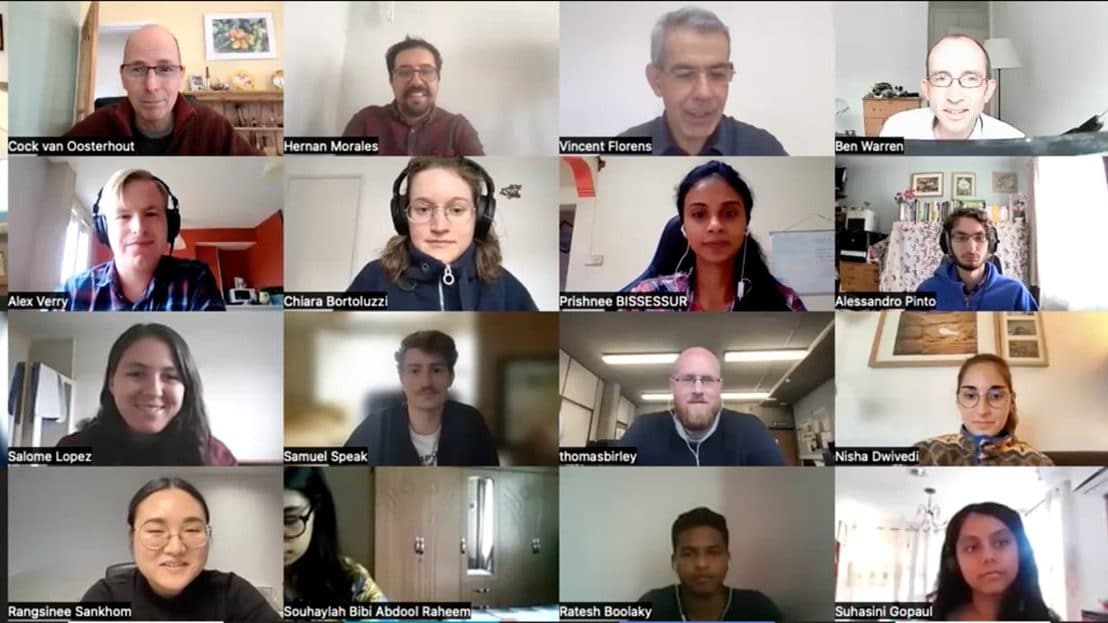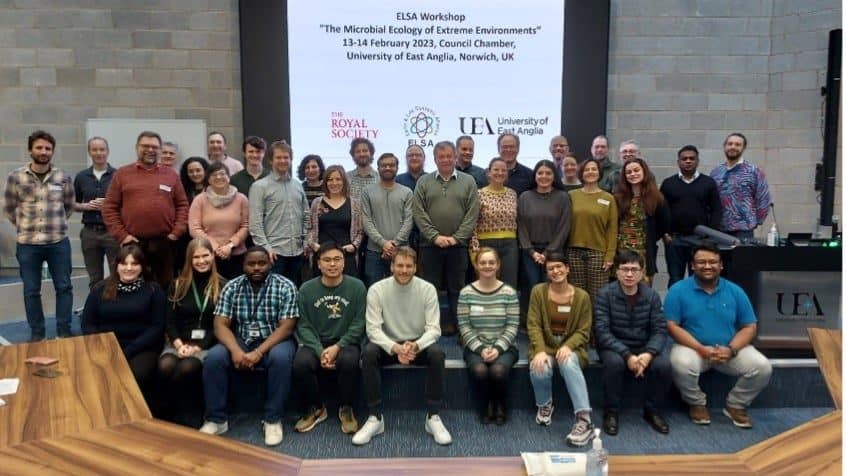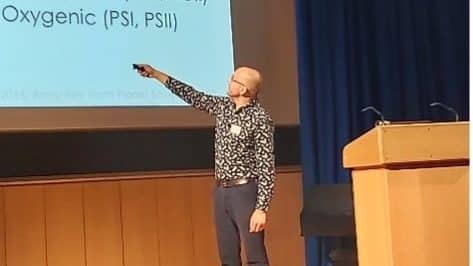Conservation genomics is a fast-growing multidisciplinary science.
Communication between the various stakeholders, i.e., academics, wildlife foundations, conservation managers, is of utmost importance to coordinate research and conservation actions. In addition, the training of the next generation of scientists is paramount to safe species from extinction, both now and in the future. On Thursday 28 April 2022, Vincent Florens (University of Mauritius) and Cock van Oosterhout (University of East Anglia) organised an online workshop on the “Conservation genomics of threatened birds”, which was attended by over 60 people, including students of the University of Mauritius and UEA.
Professor Jim Groombridge (University of Kent) started the workshop with a lecture on the population genetics background of Mauritian birds. Dr. Hernán Morales (University of Copenhagen) discussed combining historical genomics, habitat modelling and computer simulations to inform species conservation management. His talk was followed by another presentation on computer modelling by Alessandro Pinto, who explained the use of spatial models to simulate genomic erosion of the pink pigeon. After the break, Dr. Ben Warren presented a talk, investigating the links between evolutionary history, abundance and susceptibility to extinction in different species of birds. Georgette Femerling discussed historical genomics and conservation of an endangered flycatcher. Her talk was followed by Dr. Alex Verry, who explained the use of ancient DNA in the conservation of New Zealand’s avifauna. Next, Emily Cavill presented a study on inbreeding in Seychelle Magpie Robin, an endangered island species.
The workshop ended with a Q&A session where the audience asked questions to a panel of conservation genomic experts, including Prof. Jim Groombridge, Dr. Hernán Morales, Dr. Ben Warren, Dr. Chiara Bortoluzzi, Dr. Lara Urban, Dr. Vincent Florens, and Prof. Cock van Oosterhout.


